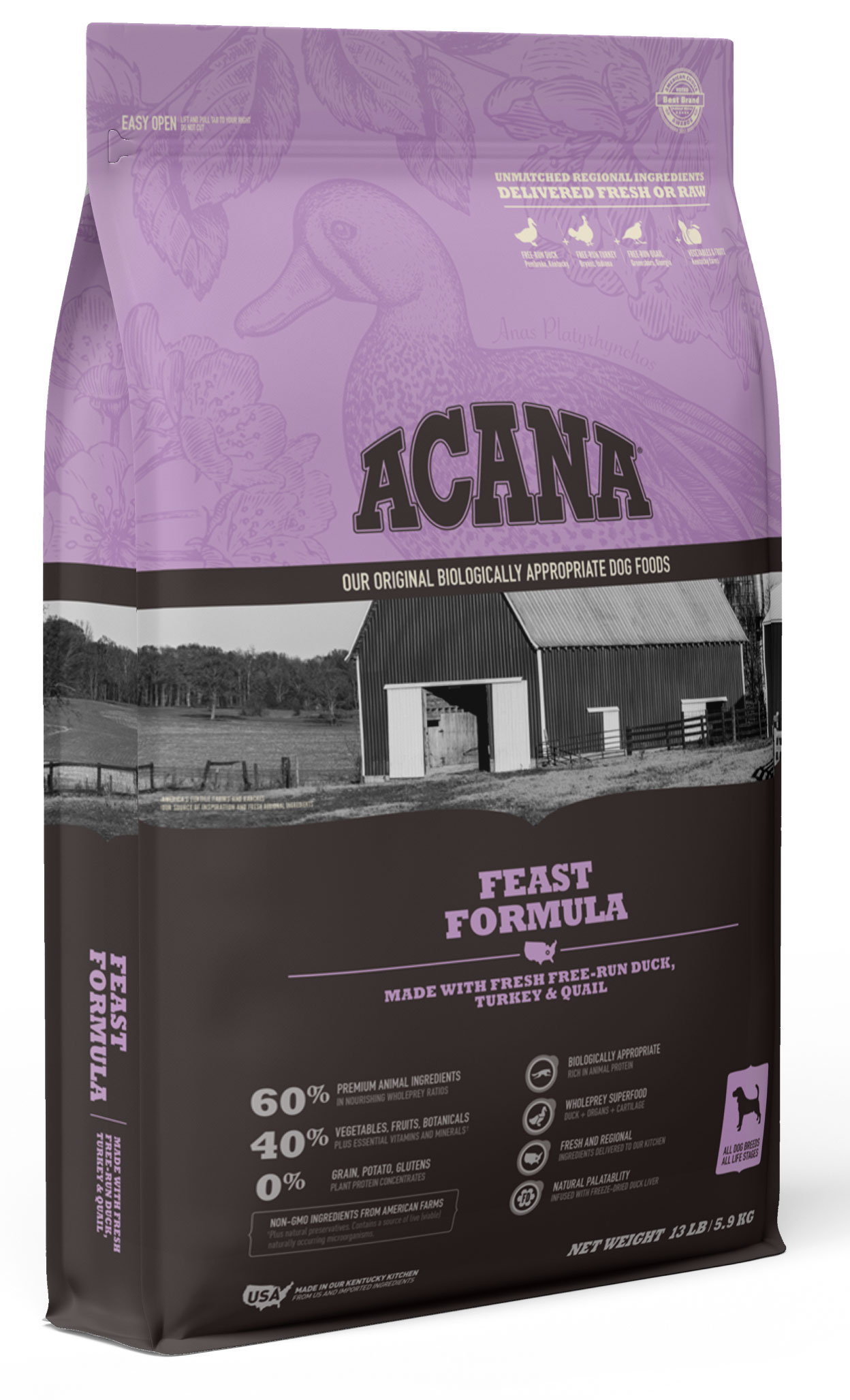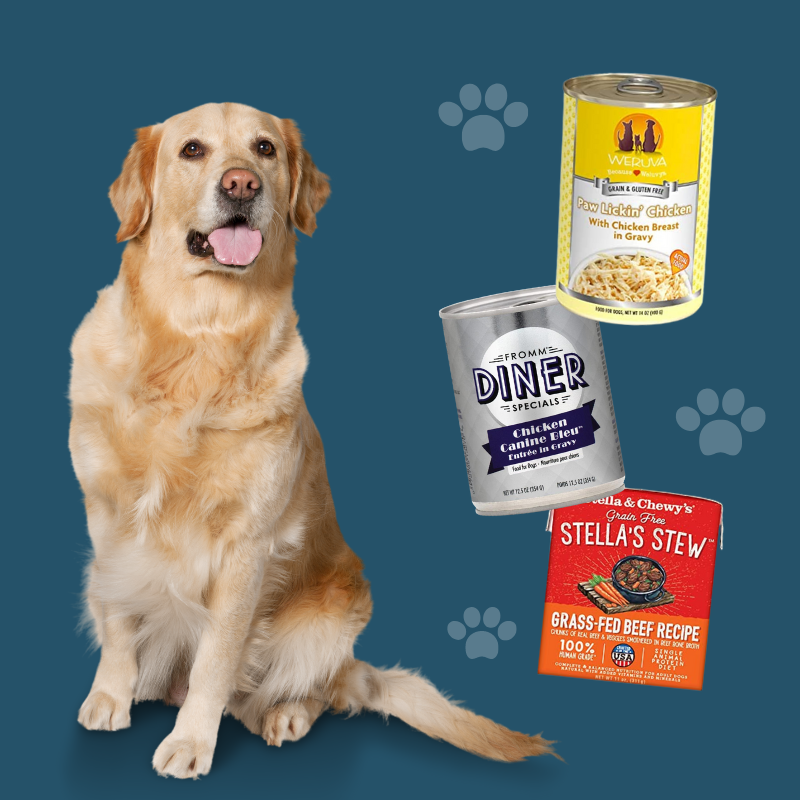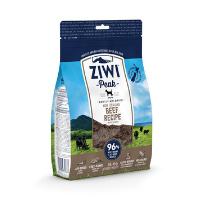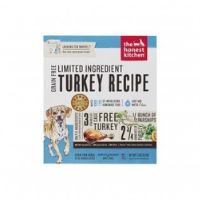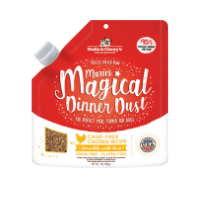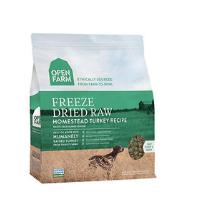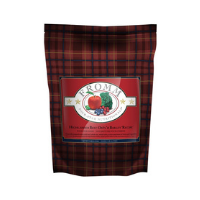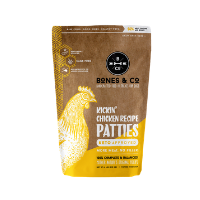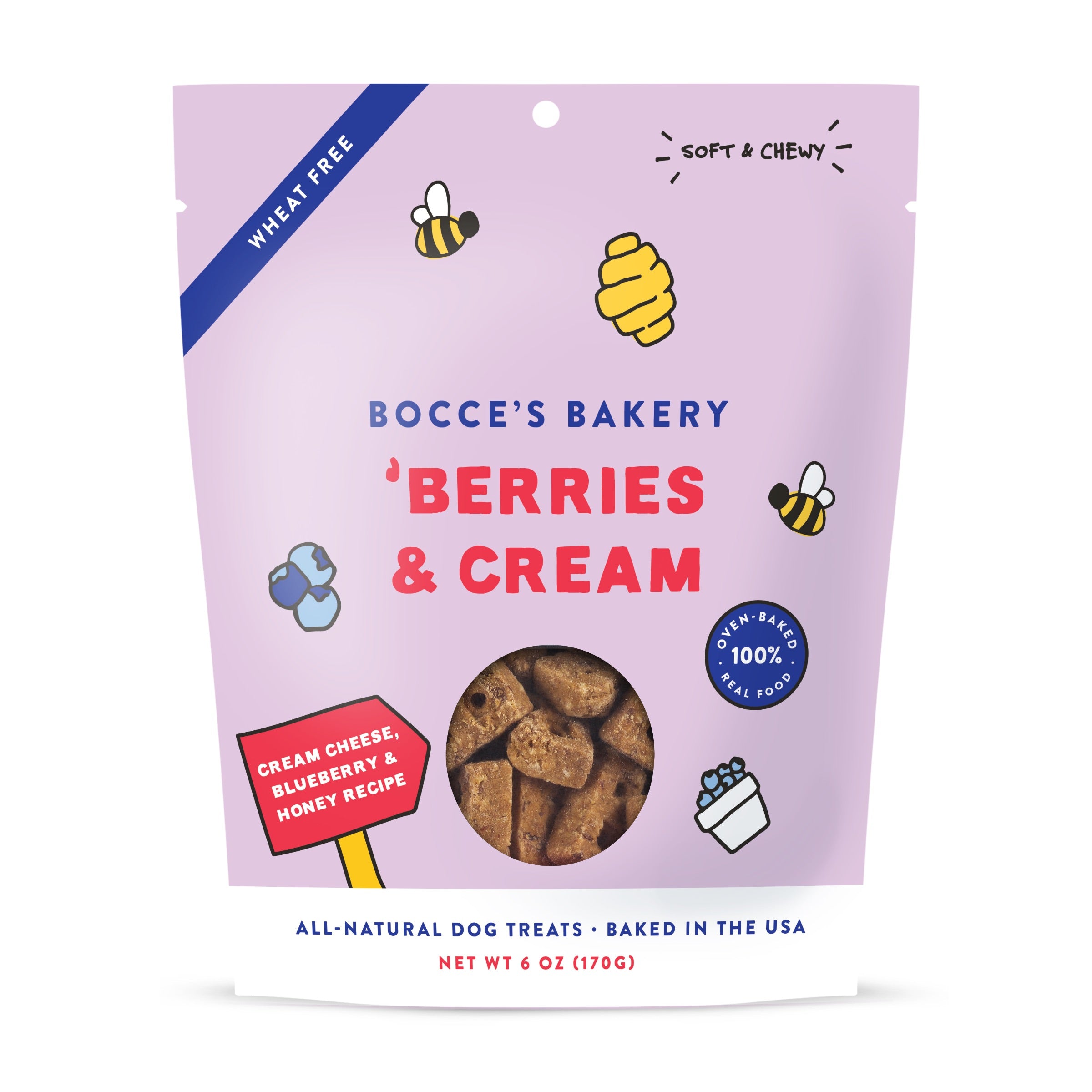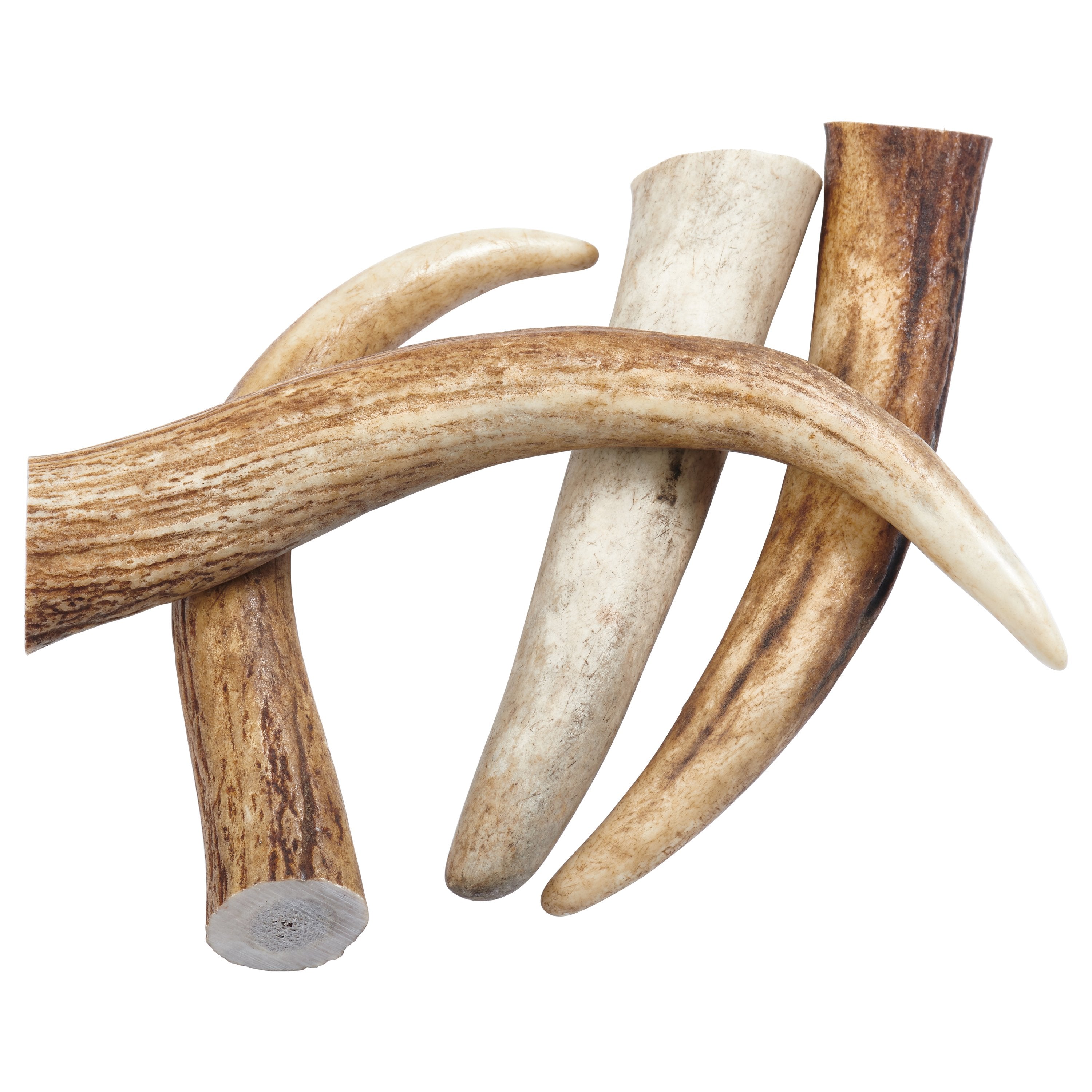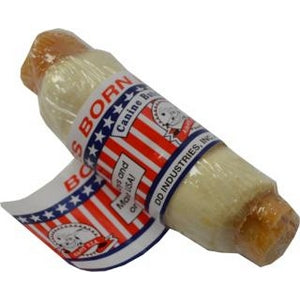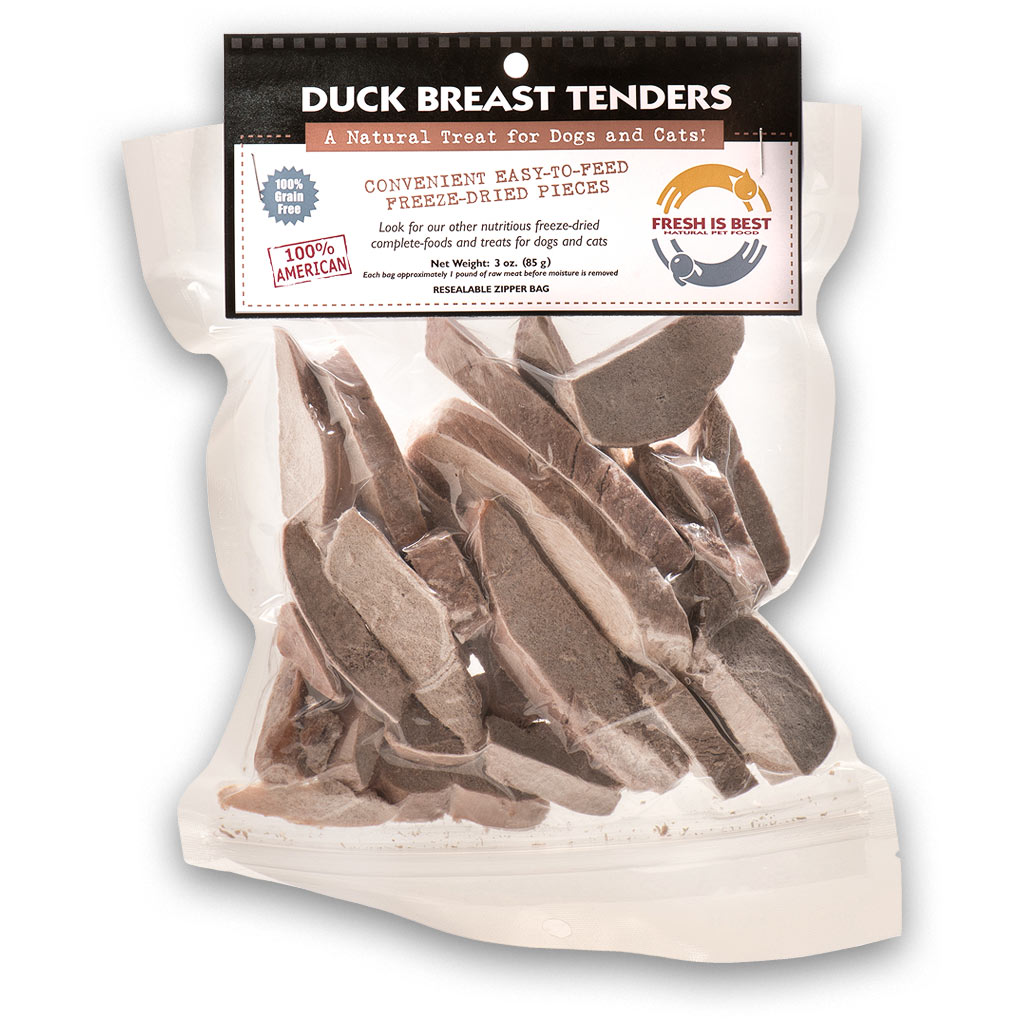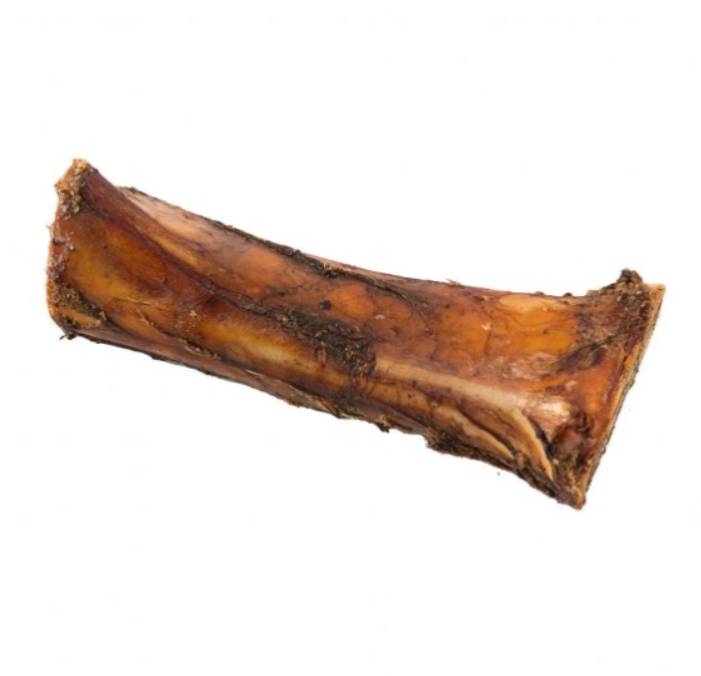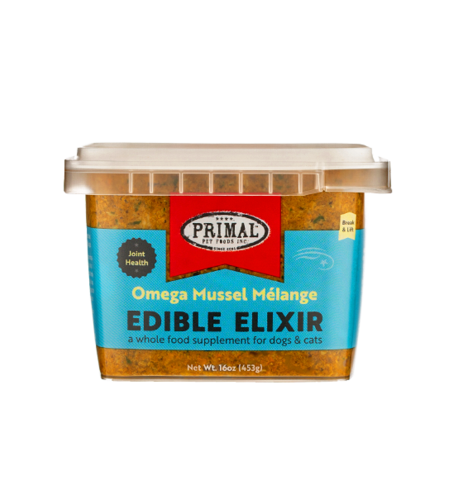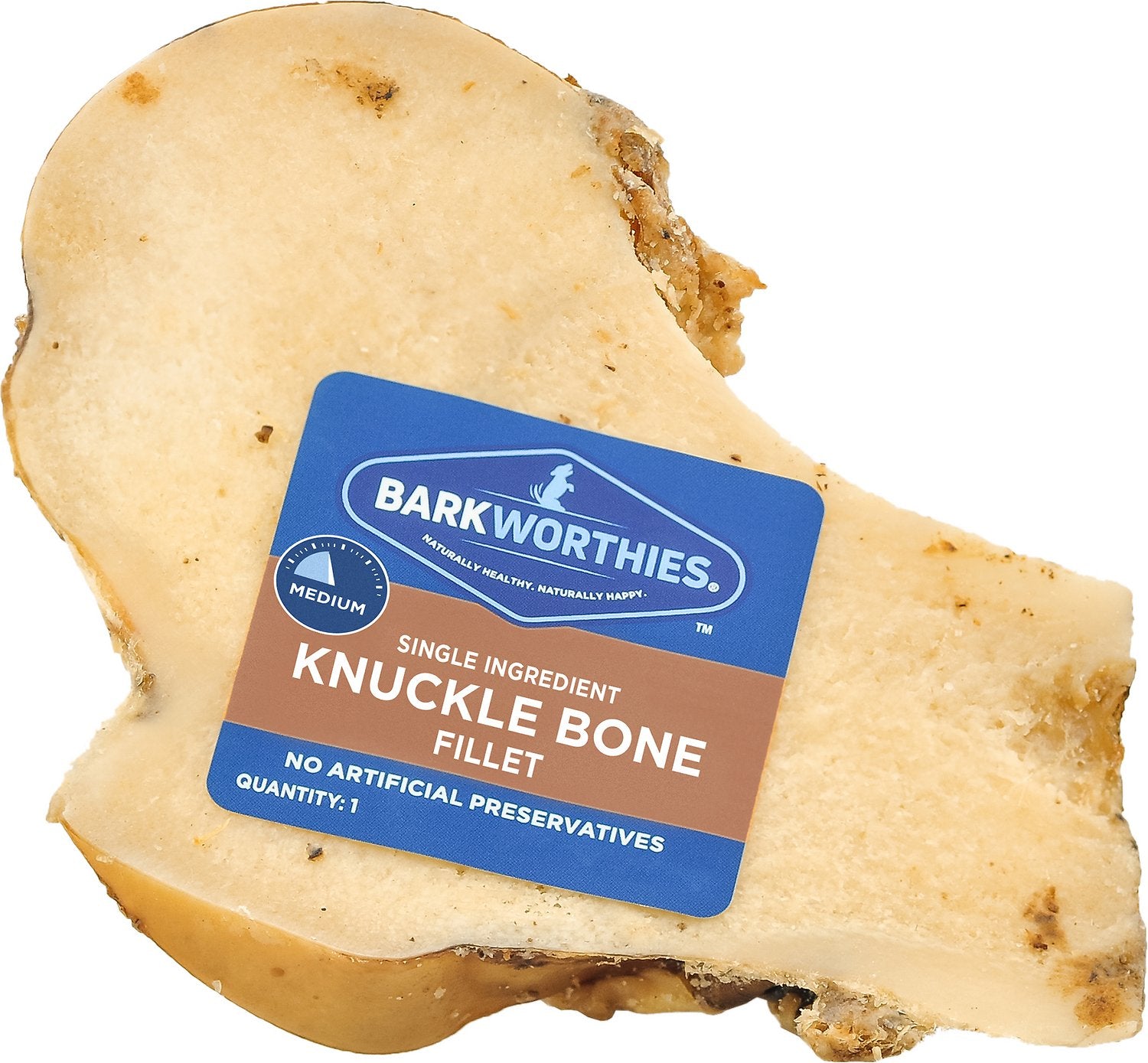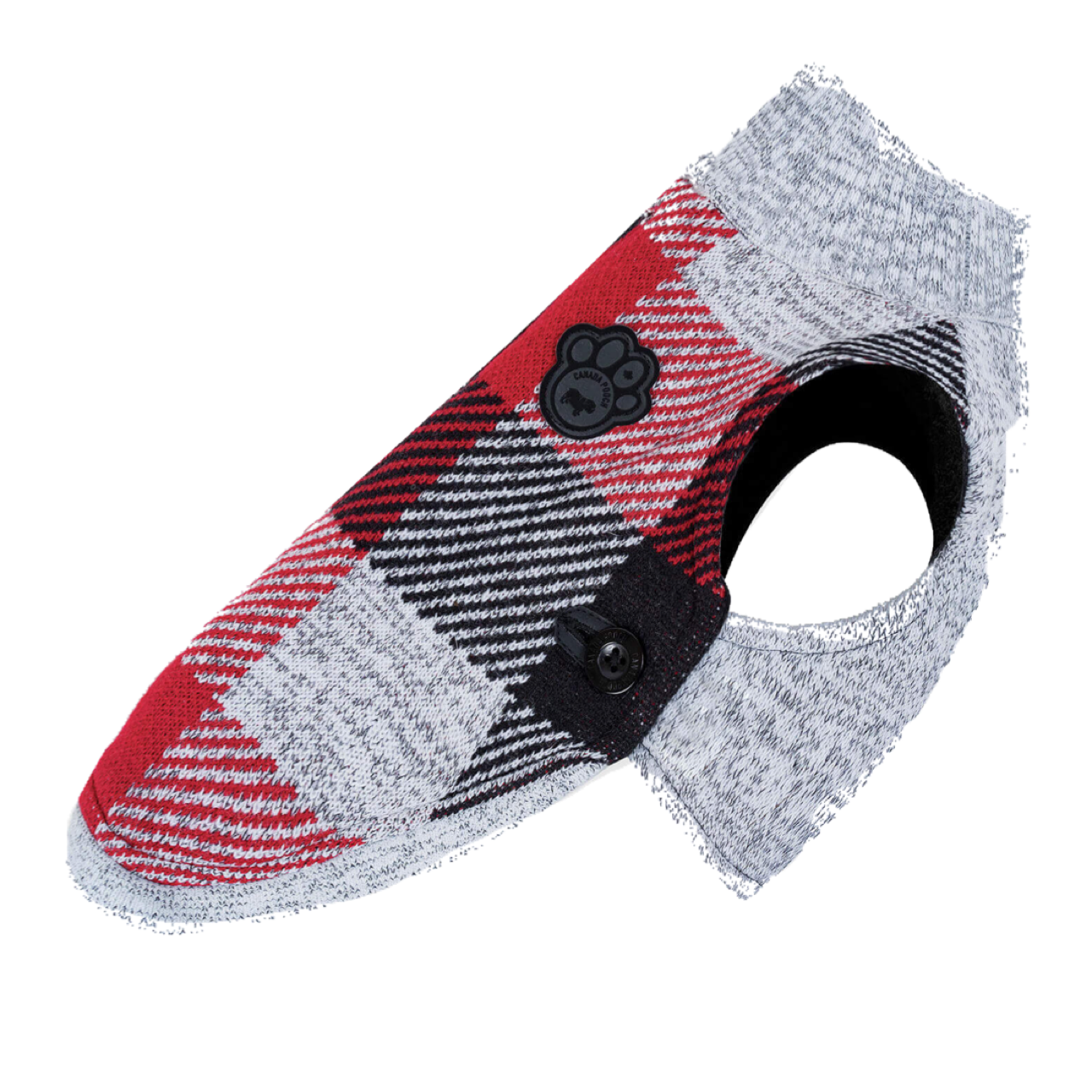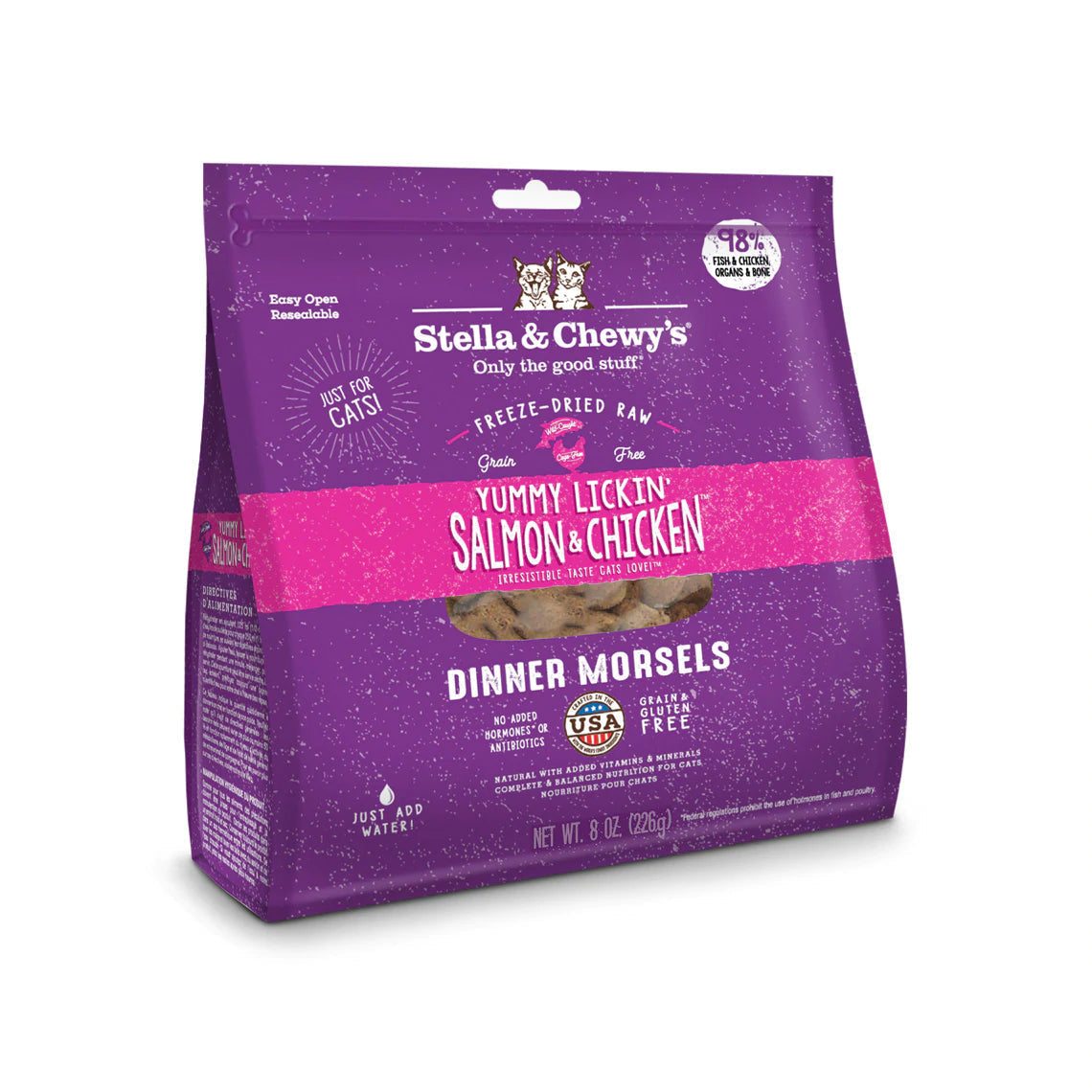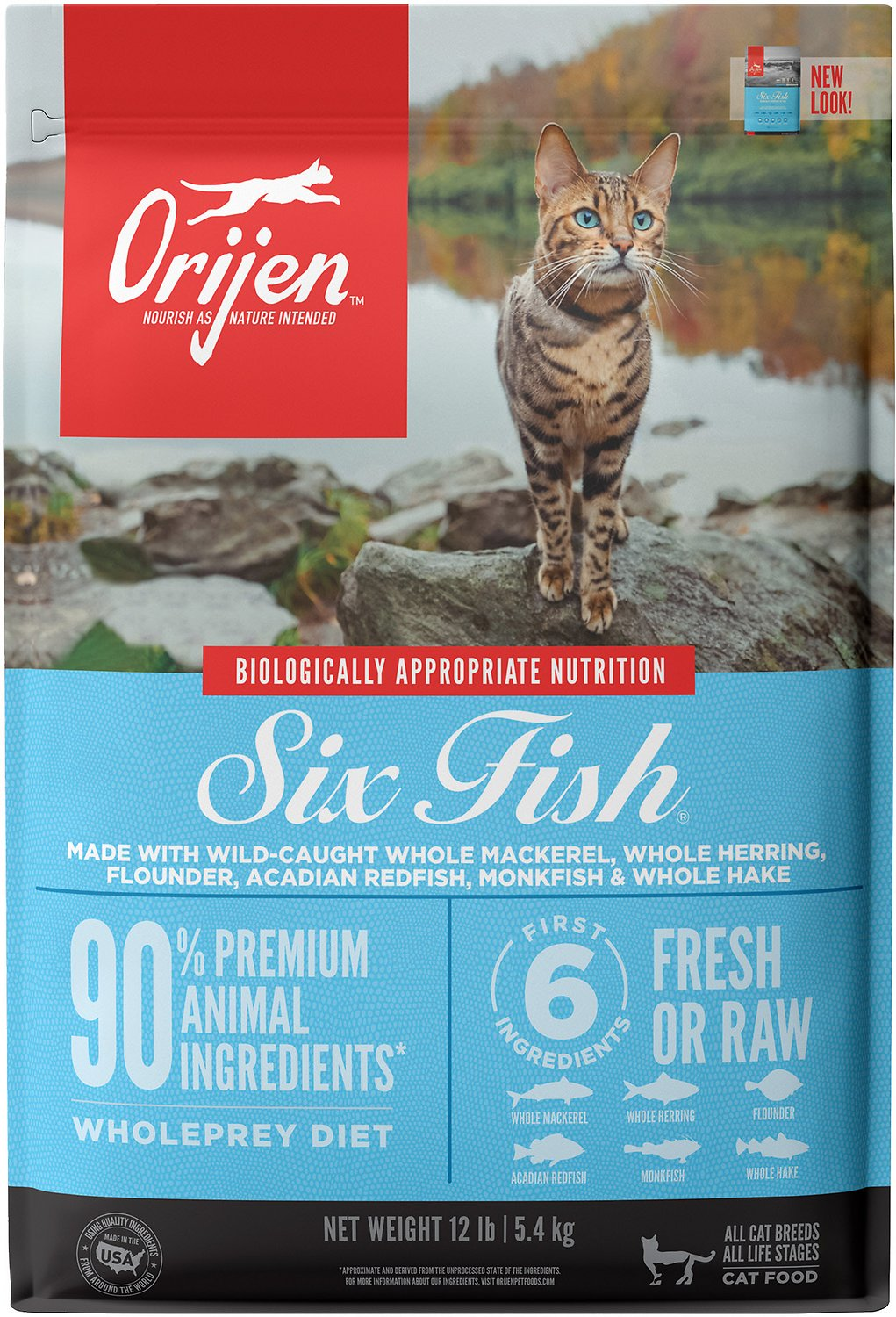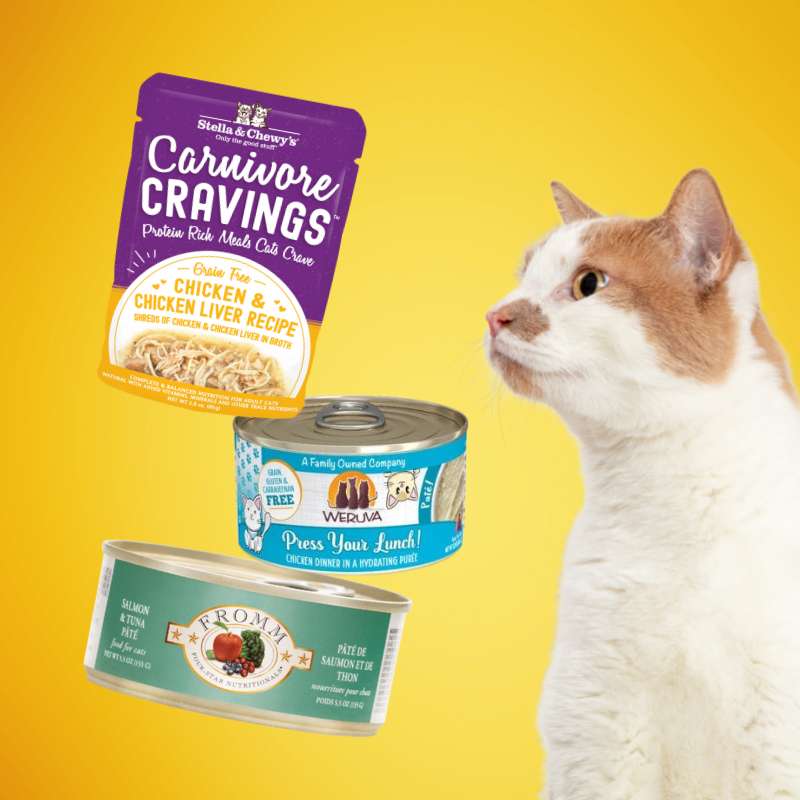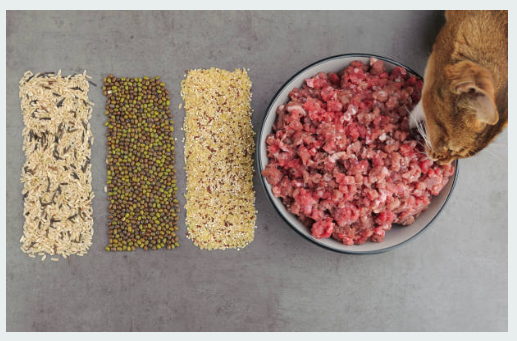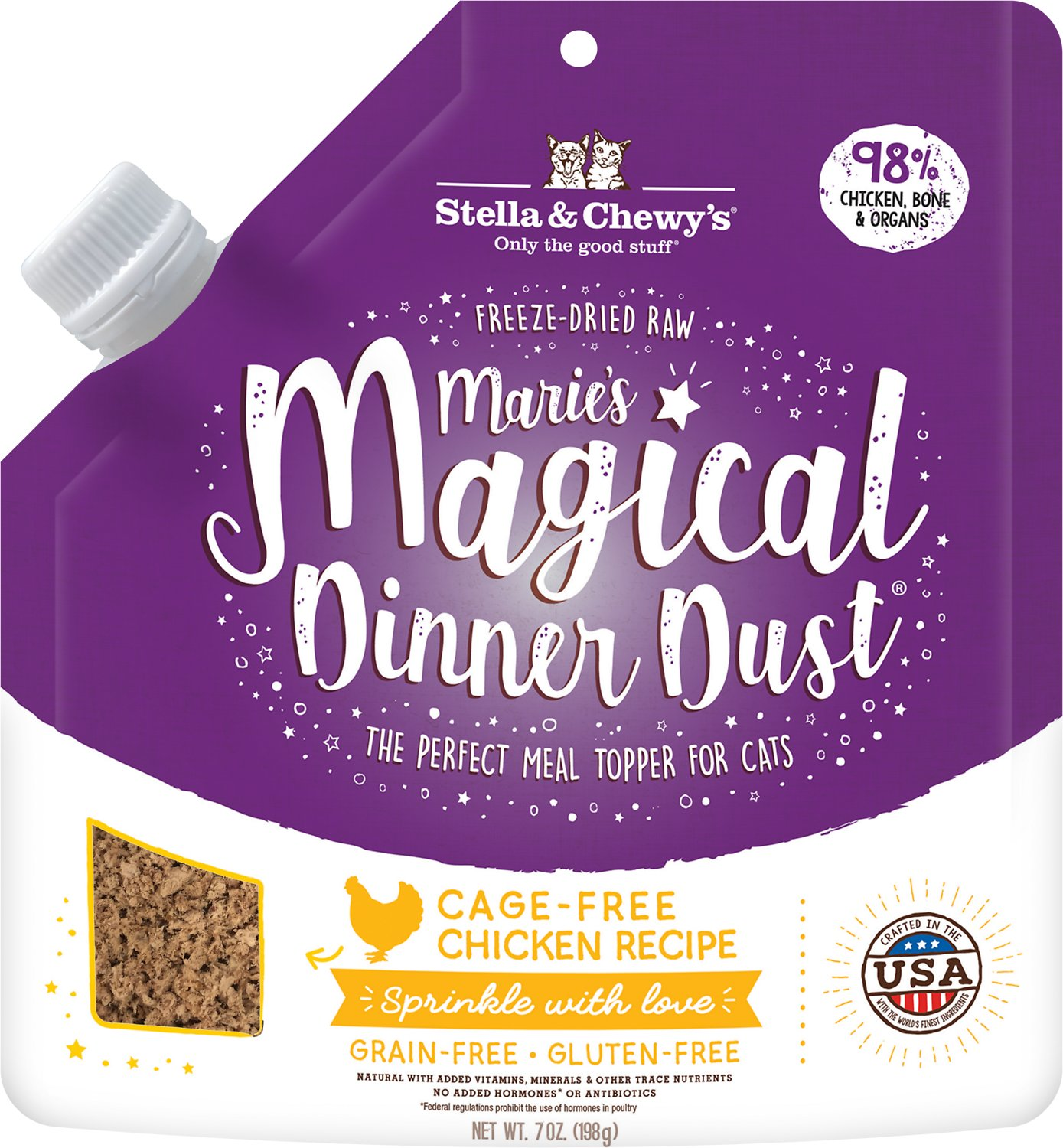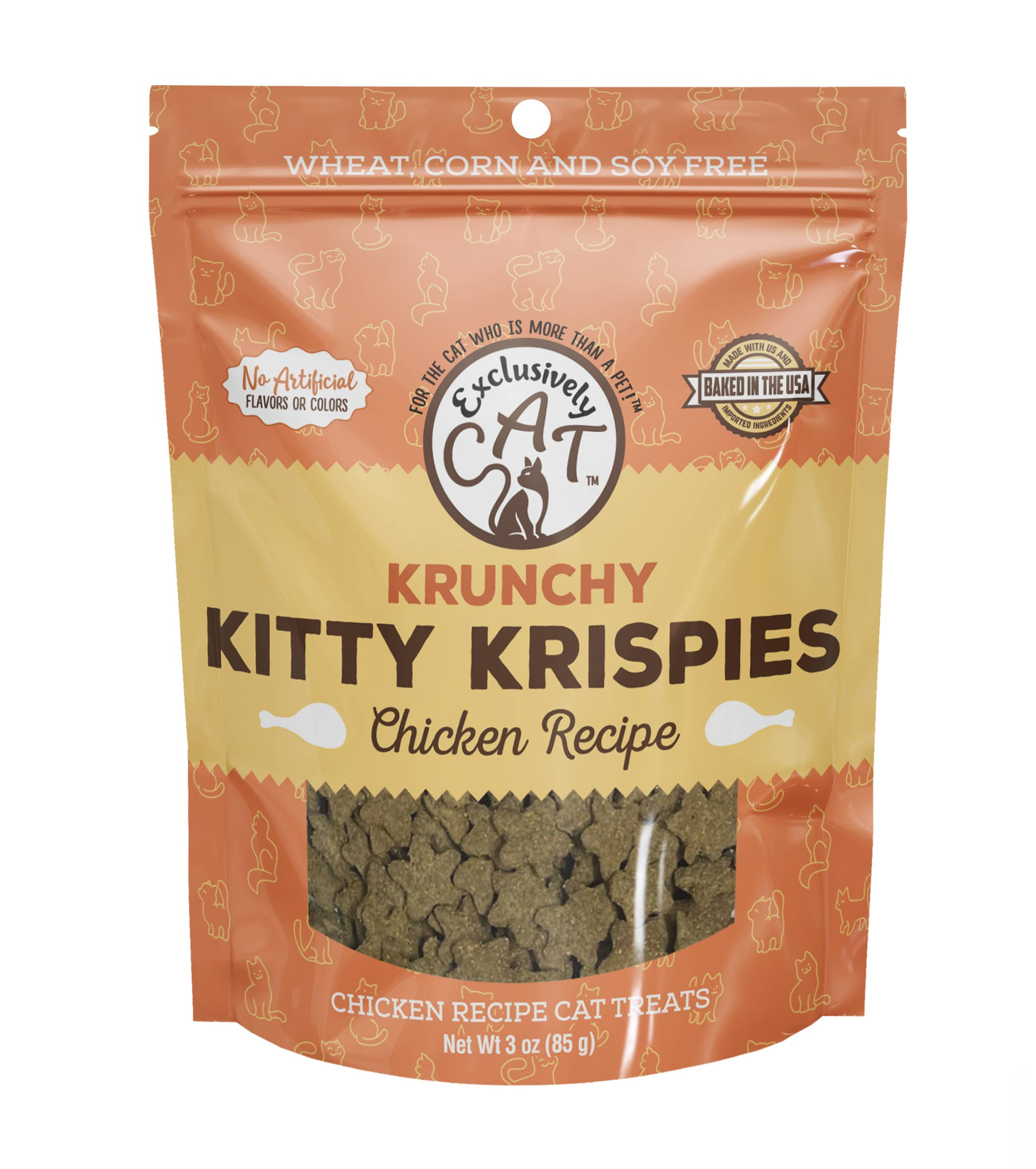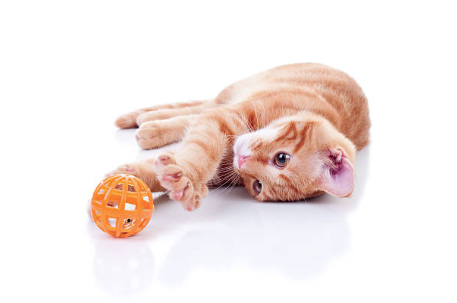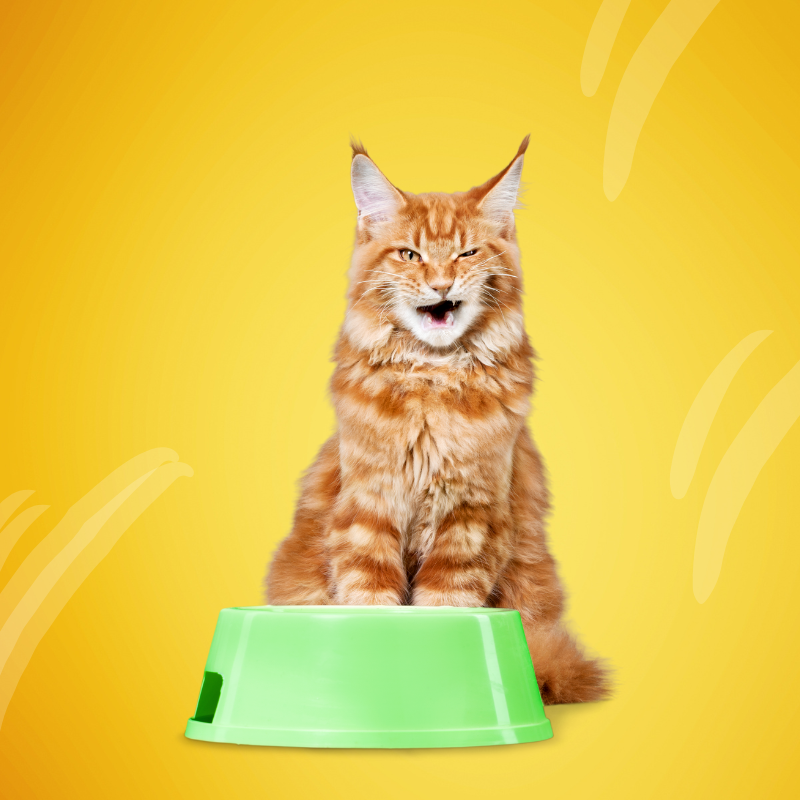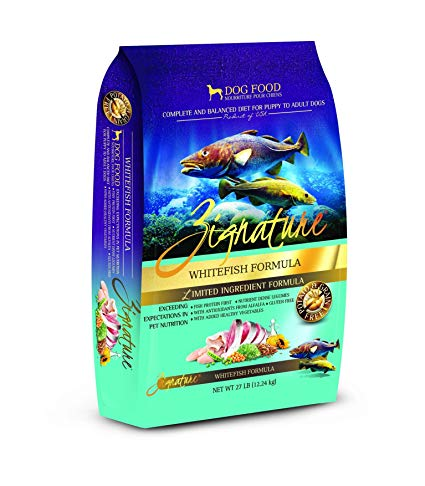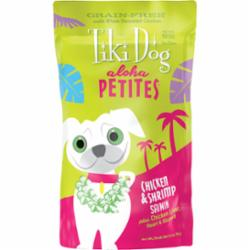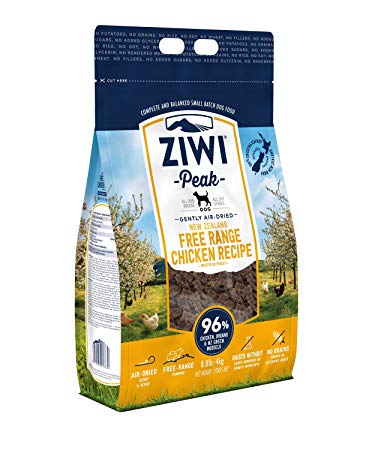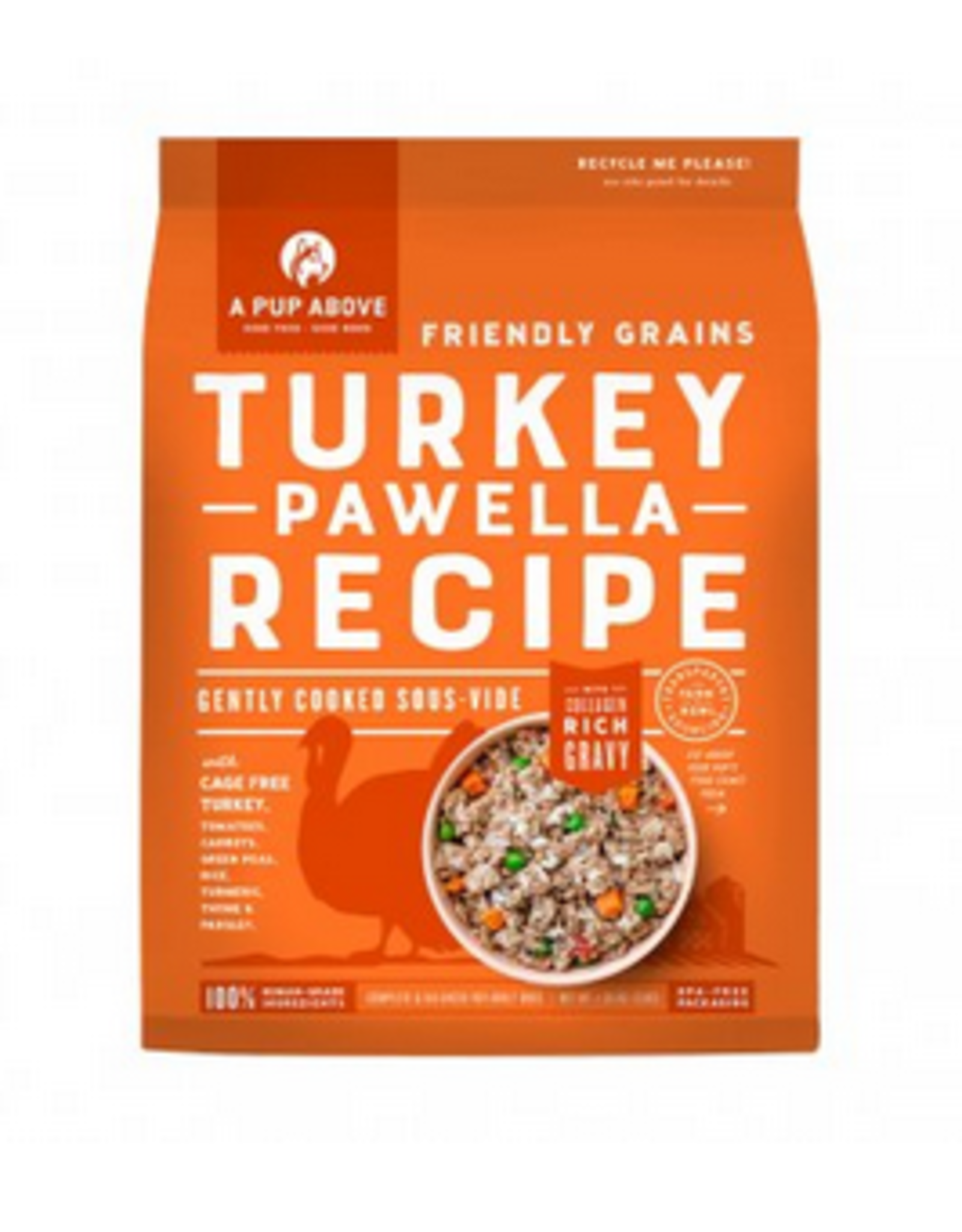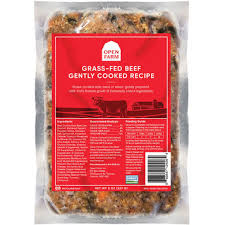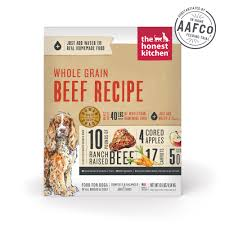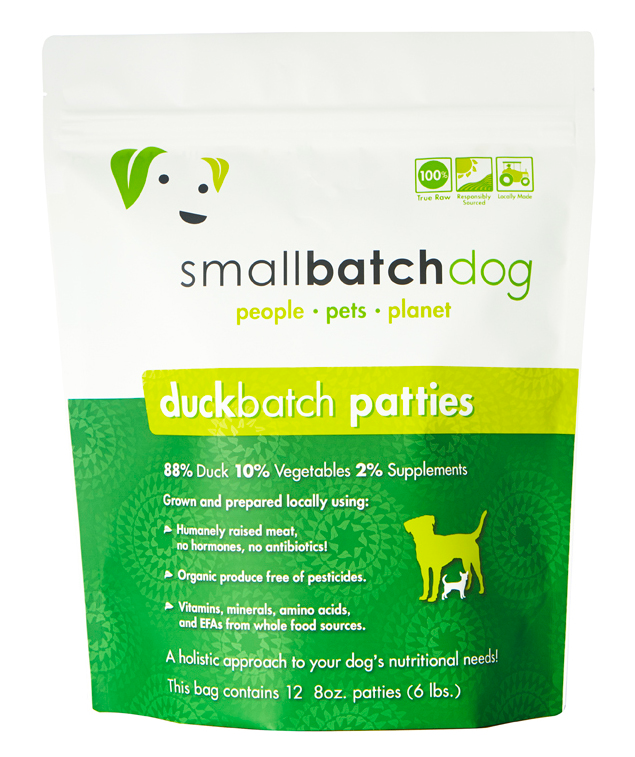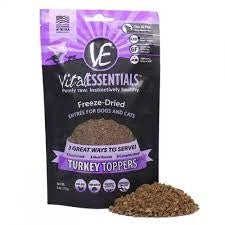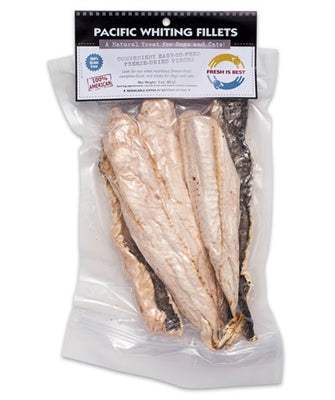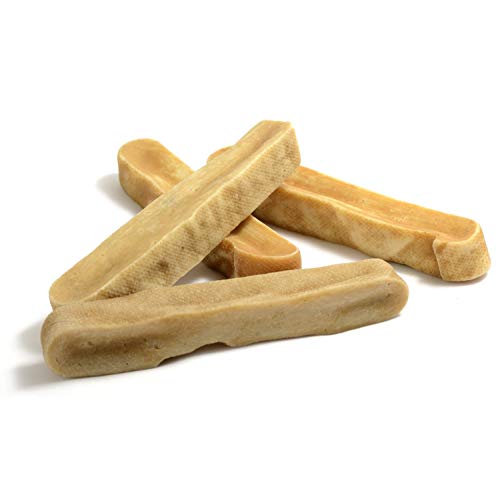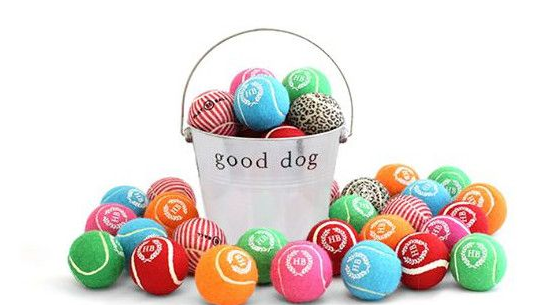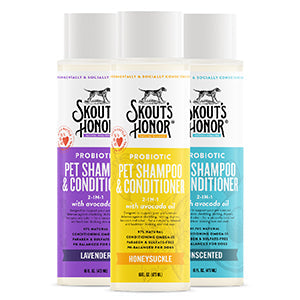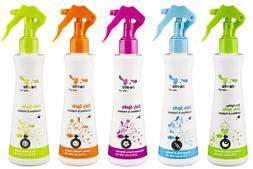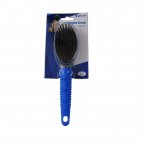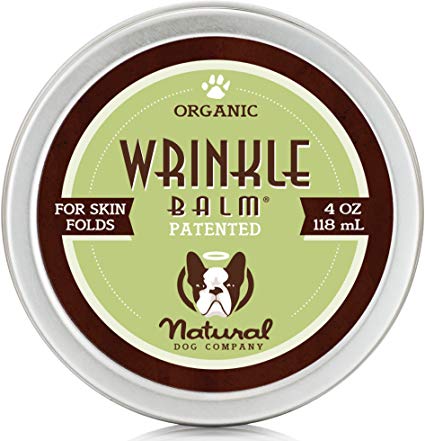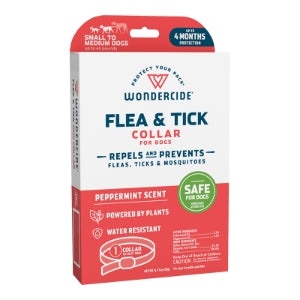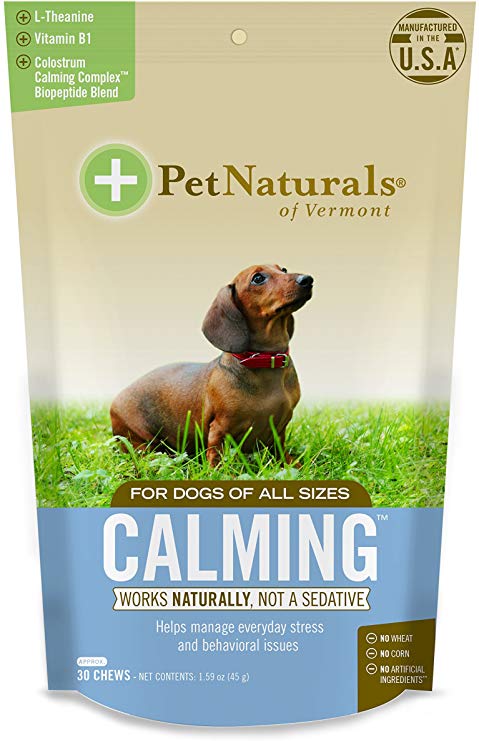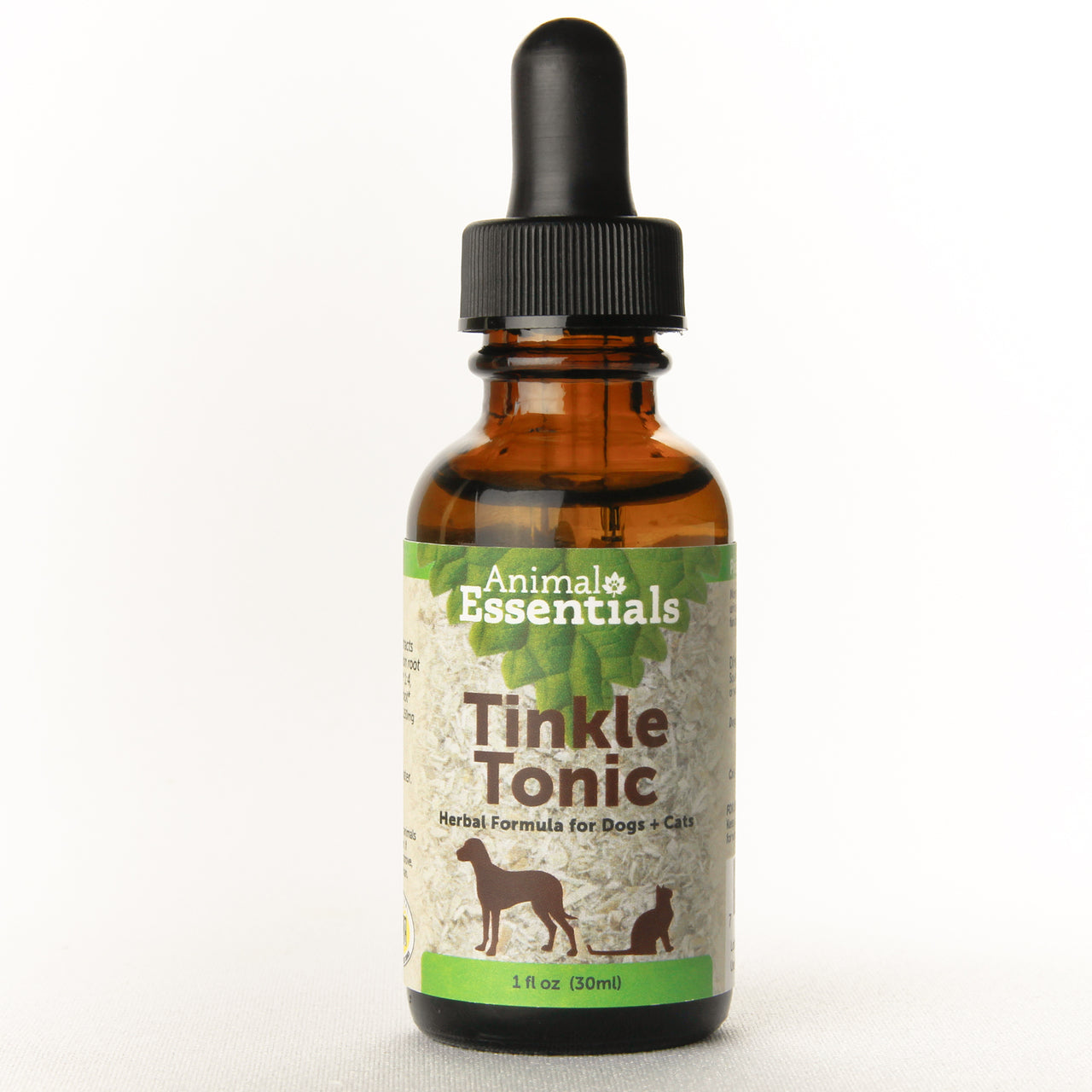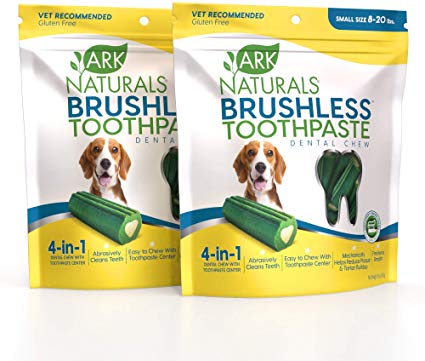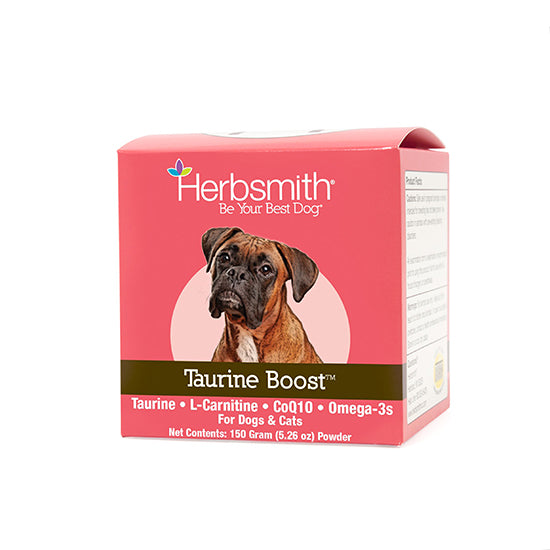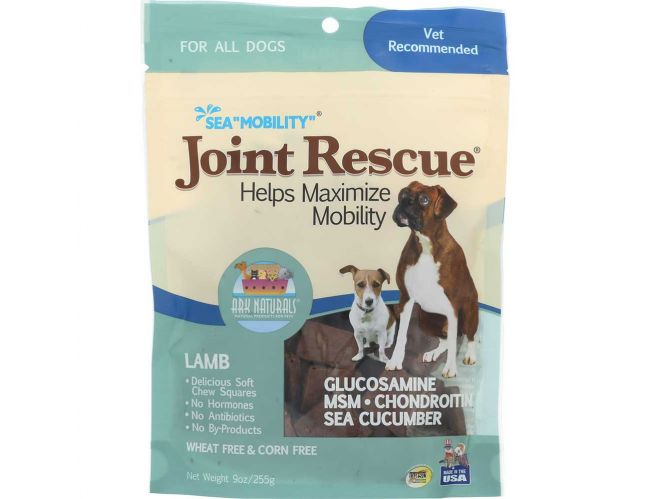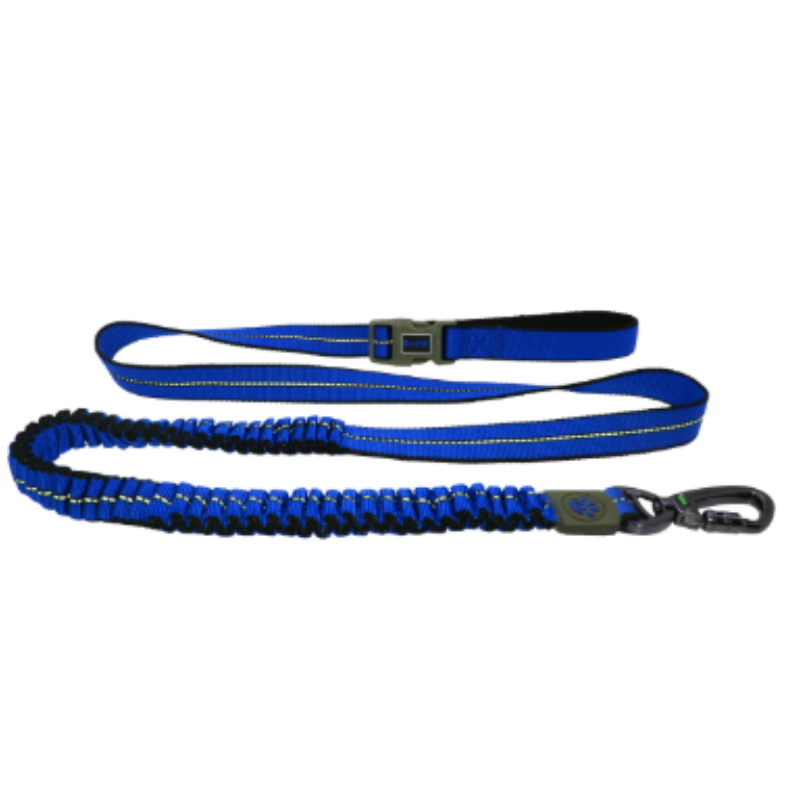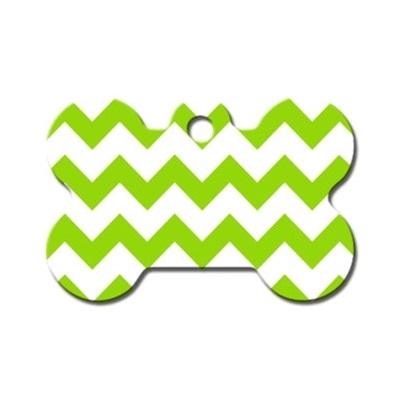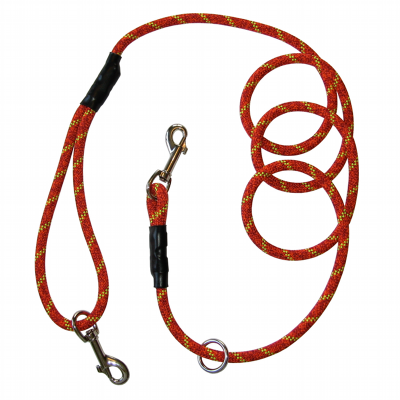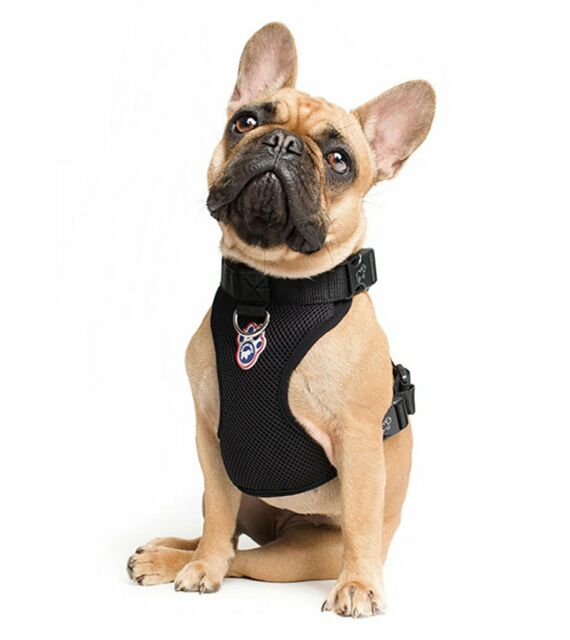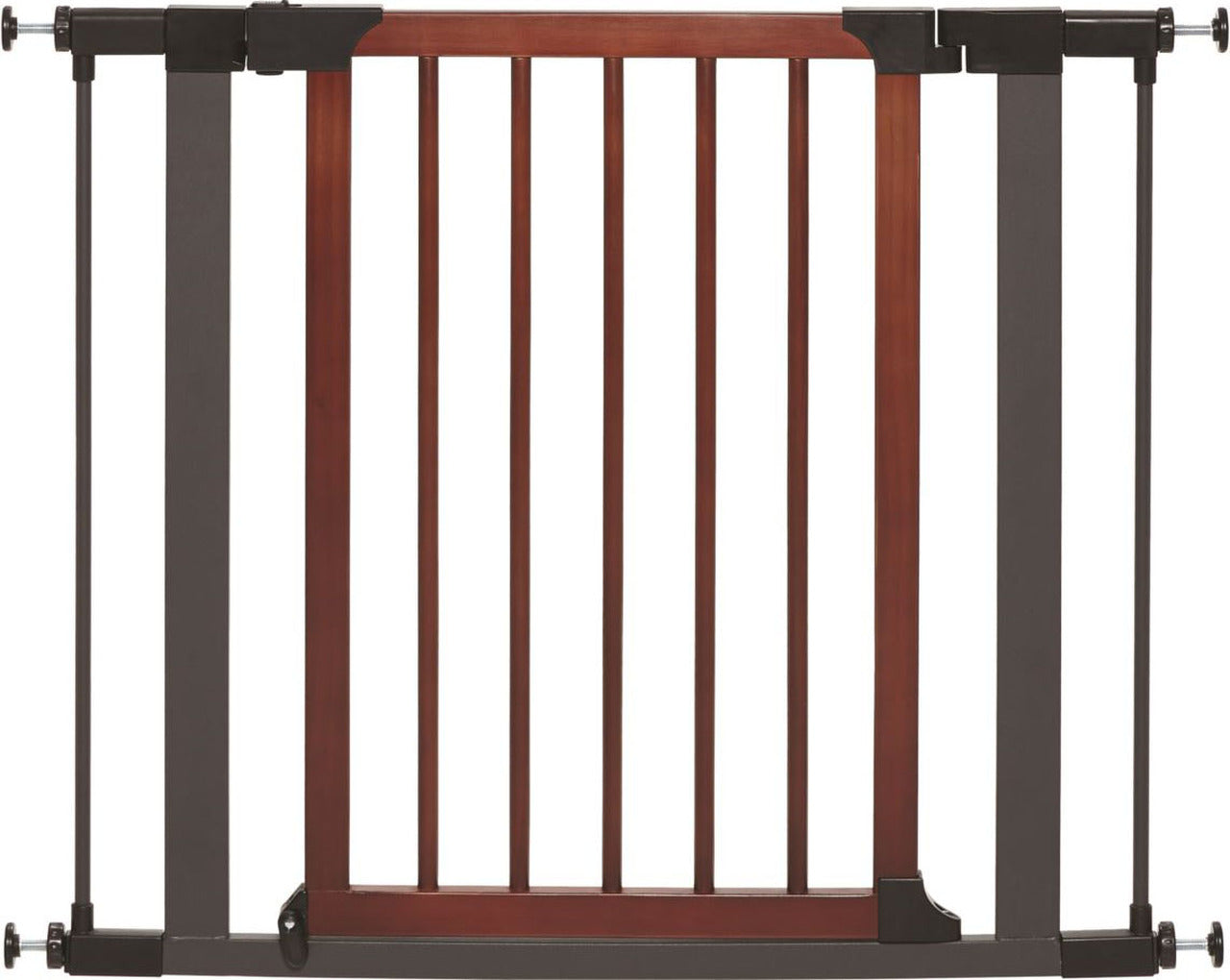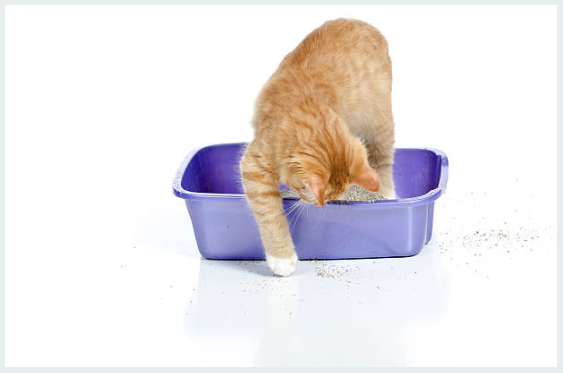Frequently Asked Questions
1. How does a pet's age affect its nutritional needs?
2. What should I feed my puppy or kitten?
3. What are the dietary needs of adult pets?
4. How can I support my senior pet's health through nutrition?
5. Why is it important to consult a veterinarian about my pet's diet?
As our pets grow older, their nutritional requirements change significantly. It’s essential for every pet owner to understand these shifts to ensure a long, healthy life for their furry companions. In this article, we will explore the various stages of a pet's life and how age affects their dietary needs. From puppies and kittens to senior pets, let’s dive into the world of pet nutrition guided by age.
The Importance of Age-Appropriate Nutrition
Nutrition plays a vital role in your pet's health and well-being. Just as humans have different dietary needs at various life stages, so do pets. Age-appropriate nutrition supports growth, development, and overall health. Feeding your pet the right nutrients tailored to their age can prevent common health issues and lead to a happier, more active life.
Understanding Life Stages
For most pets, life stages can be classified as follows:
- Puppies and Kittens (0-1 year)
- Adult Pets (1-7 years)
- Senior Pets (7+ years)
Puppies and Kittens: Rapid Development
Puppies and kittens undergo rapid growth and development in their first year. This period is crucial for setting the foundation of their future health. Here’s what you need to consider:
- High Energy Needs: Young pets require more calories than adult pets relative to their body weight to support their high energy levels and growing bodies.
- Protein Requirements: A diet rich in protein is essential for muscle development, making it important to choose foods that are high in quality animal-based proteins.
- Essential Fatty Acids: Omega-3 and Omega-6 fatty acids are critical for brain development and healthy skin and coat.
During this stage, it’s best to provide a premium quality diet specifically designed for puppies or kittens, ensuring they receive all the necessary nutrients for rapid growth.
Adult Pets: Maintenance and Balance
Once your pet reaches adulthood, their nutritional needs change. Adult pets need a balanced diet that maintains their health, supports their activity levels, and prevents obesity. Here are some key points:
- Caloric Needs: Adult pets generally require fewer calories than puppies and kittens. It's important to monitor portions to maintain a healthy weight.
- Balanced Diet: Adult pets benefit from a diet that contains a balance of proteins, fats, carbohydrates, vitamins, and minerals.
- Fiber Needs: Including fiber in the diet can improve digestion and prevent obesity, which is critical for maintaining health during this stage.
Regular feeding schedules and a focus on maintaining a healthy weight are essential as pets enter their adult years. Consulting with a veterinarian can provide tailored advice to ensure your pet receives optimal nutrition.
Transitioning to Senior Pet Nutrition
As pets age into their senior years, typically defined as around 7 years old for dogs and cats, their nutritional needs continue to evolve. Senior pets may require adjustments to their diet to promote optimal health. Let’s explore these changes:
Addressing Health Challenges
Older pets are more prone to various health issues, including obesity, arthritis, and kidney disease. Nutrition can play a key role in managing these issues:
- Lower Caloric Intake: Many senior pets are less active, leading to decreased caloric needs. A diet lower in calories helps prevent obesity.
- Joint Health: Senior pets often benefit from diets enriched with glucosamine and chondroitin, which support joint health and mobility.
- Digestive Support: Including probiotics can aid digestion, as senior pets sometimes experience gastrointestinal issues.
- Hydration: Ensuring adequate water intake is crucial for older pets, as they may experience reduced thirst levels.
The Right Type of Food
When selecting food for senior pets, consider options specially formulated for aging animals. These foods generally have adjusted nutrient levels to cater to the specific needs of older pets, promoting health and longevity.
Monitoring and Adjusting Nutritional Needs
Regardless of age, every pet is unique. Regular veterinary check-ups are essential to monitor your pet’s weight, overall health, and dietary needs. As your pet ages, their nutritional needs may change, and it’s best to consult with a veterinarian to tailor their diet accordingly. Some signs that your pet may need a change in diet include:
- Weight gain or loss
- Changes in appetite
- Low energy levels
- Specific health conditions diagnosed by a vet
The Role of Treats in Your Pet's Diet
Treats can be a great way to bond with your pet, but they should be given in moderation, especially for older pets. Choose healthy treats that align with your pet's dietary requirements. You might consider:
- Low-Calorie Options: Select treats that are low in calories to prevent weight gain.
- Training Treats: For younger pets, small, nutrient-dense training treats can be beneficial during obedience training.
- Functional Treats: Look for treats specifically formulated for dental health or joint support.
Establishing Healthy Habits
Incorporating healthy treats into your pet’s diet ensures that they are not only receiving proper nutrition but also enjoying their meals. It’s important to balance treats with their regular diet to maintain an overall healthy lifestyle.
Understanding Ingredients and Labels
Educating yourself about pet food ingredients can help you make informed choices. Look for foods with whole ingredients and identifiable sources of protein. Avoid foods that contain fillers, artificial preservatives, and by-products. Reading labels is essential for confirming that you are providing high-quality nutrition for your pet.
Consulting Veterinary Professionals
Your veterinarian can be an invaluable resource when determining the best nutritional strategy for your pet based on their age and health status. A comprehensive discussion about your pet’s lifestyle, weight, and any underlying health conditions can help in formulating a specific diet plan that meets their needs.
Incorporating a Holistic Approach
Nutrition is just one aspect of your pet's overall health. Regular exercise, mental stimulation, and emotional support are equally important. Ensure your pet participates in engaging activities that suit their age and energy level, which can enhance their physical and mental well-being.
Final Thoughts
Understanding how age impacts your pet's nutritional needs is key to providing the best care possible. By adapting their diet as they grow, you can help ensure a longer, healthier life filled with vitality and joy. Regular consultations with your vet, combined with a keen awareness of your pet’s behavior and needs, will help you make the best dietary choices for their age and lifestyle. Remember, the right food today can lead to healthier tomorrows for your beloved furry friend!
Check out another user's Shopify or Wix store by clicking this store link. Note that this is a promotional link, and we assume no liability for the content of the linked store.


